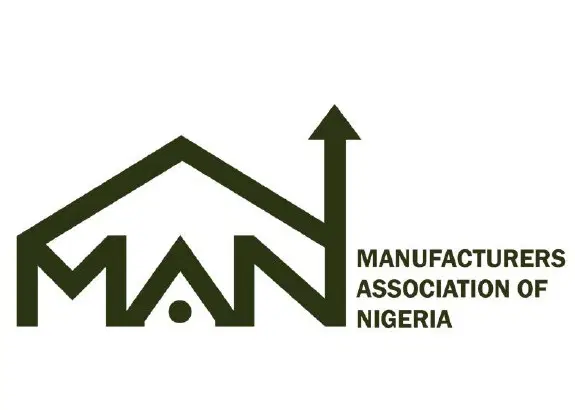The Manufacturers Association of Nigeria (MAN) has commended the Federal Government and the Minister of Finance & Coordinating Minister for the Economy, Mr Wale Edun, over the recent suspension of the reintroduced 4% Free-on-Board charge on imports, which came into effect on August 4, 2025.
According to Director General of the Association, Segun Ajayi-Kadir, “this move comes as a relief to our members and the broader manufacturing sector, which has been anxiously concerned about the imposition of the charge.”
“The Association is confident that the Nigeria Customs Service (NCS), in keeping with its ongoing commendable reforms will swiftly communicate the directive to all relevant commands, so that the charge will go off its portal, while we earnestly await the full restoration of the B’Odogwu platform.”
The DG said the suspension has brought instant succour and encouragement to the manufacturing community in Nigeria and is great news to the business community.
“The Minister just saved our country from a self-inflicted price escalation that could have unsettled the widely acknowledged stability and repurposing this administration has achieved”, adding that although it was meant to boost the much needed government revenue, the charge is akin to an “own goal.”
“The reintroduction of the charge was quite concerning for us and we were genuinely apprehensive that it would lead to a significant escalation in the cost of raw materials, machinery and spare parts that are not available locally and therefore have to be imported.
“We reiterate our commitment to working with the Government and the NCS to streamline trade processes, reduce the cost of doing business at the port and enhance fiscal transparency. This is the best way to guarantee an efficient and friendlier trade facilitation ecosystem for the business community and by extension the overall wellbeing of the Nigeria citizenry.
“We had outlined the basis for our objection to the charge, after a technical assessment and extensive consultation with our more than 2,500 members, who operate in 10 sectors and more than 60 sub-sectors across the country. It became evident that the cost implication of the 4% FOB charge was significantly higher than the combined effect of the subsisting 7% surcharge and 1% CISS, thereby impacting heavily on the cost of our inputs; the higher cost will be passed on to consumers and this will fuel inflation, which already stands at 21.88% as at July 2025, and undermine the prevailing struggle with high inflation; the comparable prevailing rates within the West African sub‑region range between 0.5%–1% and so maintaining a 4% FOB would directly skyrocket the cost of doing business, incentivise informal cross‑border sourcing, cargo diversion and encourage under‑declaration.
“Overall, we were convinced that a reversal was necessary in order to give a boost to the efforts of the government at reducing the costs of local production, deepen domestic value chain addition and economic diversification.
“As an association representing the interests of manufacturers across various sectors, MAN believes that this decision will have a positive impact on the sector, enabling businesses to remain competitive and grow. We applaud the government for listening to the concerns of stakeholders and taking swift action to redress the issue.”

